Apple offers many ways to customize the Home Screen on your iPhone, from adding widgets and scheduling rotating wallpapers to hiding apps and entire pages. But some of the best ways to customize your Home Screen are options Apple won't even tell you about, either because they haven't become official features yet or because Apple is OK with the workarounds.
One thing you can't officially do yet is place apps, folders, and widgets anywhere you want, not just from left to right, top to bottom. While there were and are workarounds to rearranging Home Screen elements, all of which are more frustrating than they're worth, Apple's rumored to finally support placing items on your Home Screen wherever you want in the upcoming iOS 18.
On iOS 17, you could use one of those placement workarounds to organize your Home Screen better, but there are even better tricks to personalizing your Home Screen beyond the basics. Below, you'll find six such options, Home Screen "features" you won't find Apple recommending itself.
1. Choose Alternate App Icons
A little-known feature in some iOS apps allows you to change their Home Screen icons with official alternative designs. Apple has guidance for developers on implementing this feature in their apps, but it's up to the app developers themselves to tell you about the option, and that doesn't always happen.
If alternate app icons are available, you can find them via the in-app settings menu, the app's preferences in Settings, and sometimes even as a quick action on the app icon itself. But it's better to consult our full roundup of apps with alternative Home Screen app icons you can select. Below, you can see Slack's, Target's, and DuckDuckGo's current offerings.

2. Create Your Own App Icons
When iOS 12 came out, people began slowly catching on to the trend of making custom icons for apps on the Home Screen using the Shortcuts app. However, the trend didn't explode until iOS 14, when Apple improved the feature tenfold, making it possible to hide the original app and just keep the custom version.
Still, Apple hasn't actually given explicit instructions or promoted the use of custom Home Screen icons for iPhone apps. That's likely because it's not a perfect system.
Here's how it works: Create a new shortcut, add the "Open App" action, and pick the app for the action. Next, hit the shortcut's name at the top, the info (i) button in the toolbar, or the share button, then choose "Add to Home Screen." Change the title to the app's name, then tap the image button, choose your import method, and select your custom image for the app. To finish, hit "Add."
When it's added, you can move the real app icon from your Home Screen, banishing it to the App Library, where your new custom alias will also appear. So, while you can keep just your custom one on the Home Screen, you'll still see both in the App Library, but that's a fair trade as far as I'm concerned. For the instructions, see our complete guide on creating custom app icons for your Home Screen.

3. Write Messages to Yourself
Try renaming all the folders on a single Home Screen page to give yourself an inspirational quote, a reminder, or some other type of message every time you view the page. To do so, make a grid of folders, enter the Home Screen editor, and then name each folder as a part of the message until the entire message is complete.
You can even do this with app icons if you replace the current ones with bookmarks from the Shortcuts app, as described above. However, you must assign the words while adding the app shortcuts to the Home Screen, not after.

4. Remove Folder Names
If you prefer a more tidy Home Screen, you can remove all your folder names and just rely on the tiny icons within each folder icon to know which one's which. To do so, enter the Home Screen editor and replace each folder name with a special invisible character, such as the braille blank space (copy the contents between the brackets below). Simply deleting the folder name won't work.
[⠀] U+2800 Braille blank spaceFor more invisible Unicode characters that can work, see our complete guide to removing folder names on your Home Screen.

5. Remove App Names
You can also remove all the app names on your Home Screen, but it's not as simple as wiping out all your folder names. Instead, you must replace the current app icons with bookmarks from the Shortcuts app, as described above for custom app icons.
Follow the instructions above to create a custom app icon on your Home Screen, but use the app's original icon instead of a custom one when adding it to your Home Screen. Before adding it, delete the entire name and hit "Add." Unlike folder names, you don't need a special invisible character to go nameless. And these bookmarks will appear out of the way at the bottom of the App Library.
To learn the whole process with more details and tips, see our complete guide to hiding app icon names on your Home Screen.

6. Create Contact Pages
Apple offers a Contacts widget, where you can have up to six contacts within easy reach on your iPhone's Home Screen, but that's a waste of a lot of space. The most contacts you can have on one Home Screen page at a time is nine using two different widget sizes. For a better contacts page — one you can hide or unhide anytime you want — Shortcuts can help yet again.
You could use two Shortcuts widgets to increase the number of contacts per Home Screen page to 12, but you won't have contact pictures to go by. Instead, make a shortcut for each contact, give them each a custom image, and add those to your Home Screen. With this approach, you can fit up to 24 contacts on each Home Screen page and even hide their names if you want to go by pictures only.
Check out our guide on turning contacts into Home Screen bookmarks for instructions and some tips on further customizing this idea.

Just updated your iPhone? You'll find new features for Podcasts, News, Books, and TV, as well as important security improvements and fresh wallpapers. Find out what's new and changed on your iPhone with the iOS 17.5 update.
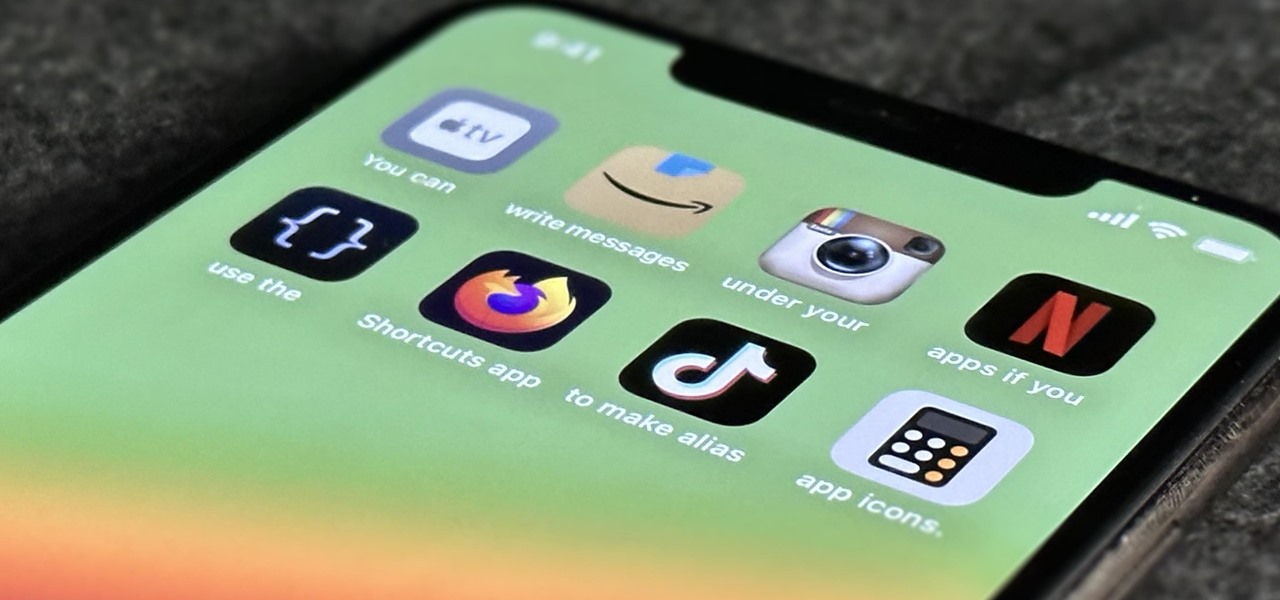
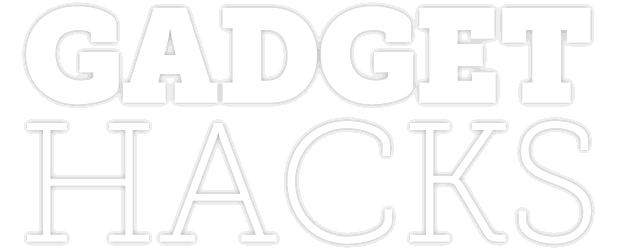

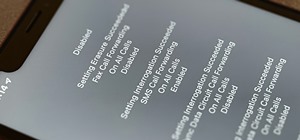

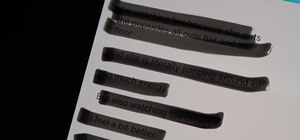
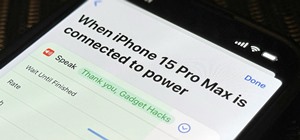
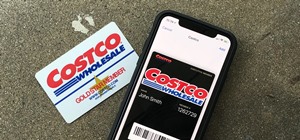
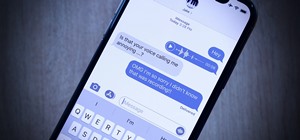
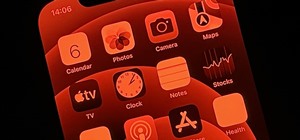
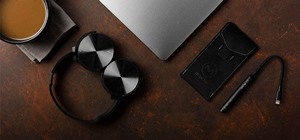
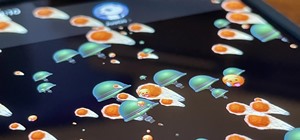
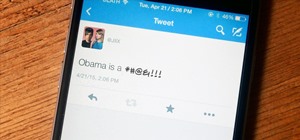
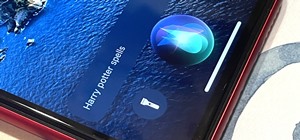
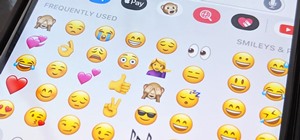
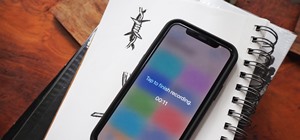
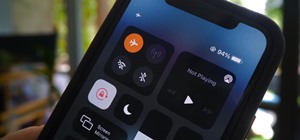
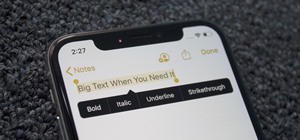
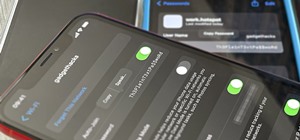
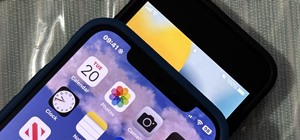
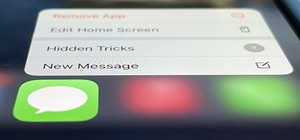
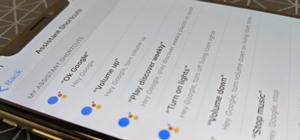
1 Comment
hiding app icon names,(not stock icon) -Yes, just use the blank space character, then use it twice, then three times, and so on, then add to home as you would a custom icon.
and placing app icons and folders with spaces between them. Yes, get App "Transparent App Icons" and follow the built in guide.
Share Your Thoughts